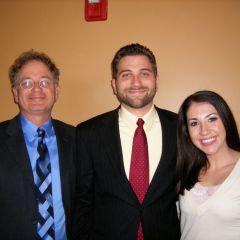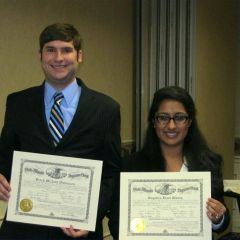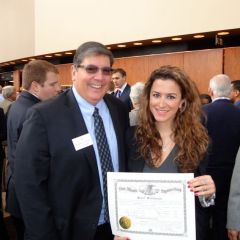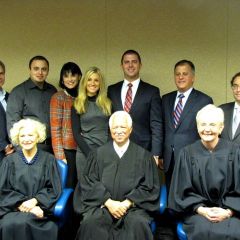CLE: Neutralizing Obnoxious Conduct as Professionals and as a Profession – Webcast!
Every attorney has, at one point or another, dealt with incivility and other obnoxious conduct by fellow attorneys during the course of their careers. Despite decades of calling attention to the issue and hours spent telling us to "play well with others," the problem continues to persist. While elaborate interpersonal and negotiation strategies have been taught and employed as tools to deal with our difficult colleagues, this webcast presentation on November 15th focuses on simple, intuitive ways we can individually and collectively neutralize this kind of conduct by rendering it ineffective and removing the perceived competitive advantages of obnoxiousness.
The presentation was originally presented on May 31st at ISBA’s 5th Annual CLE Fest Classic in Chicago, Illinois. (Please Note: Attorneys cannot claim credit for attending/completing the same course twice within a 12-month period.) The program qualifies for 1.0 hour MCLE credit, including 1.0 hour Professional Responsibility MCLE credit.
Click here for more information and to register.
ISBA Member Update with John Thies - Voting for Judges
ISBA President John E. Thies urges everyone to use ISBA judicial evaluations when they vote on Tuesday, Nov. 6. Judicial evaluations are available at www.isba.org/judicialevaluations
Quick takes on Thursday's Illinois Supreme Court opinions
Our panel of leading appellate attorneys review Thursday's Illinois Supreme Court opinions in the Civil case Downtown Disposal Services, Inc., v. The City of Chicago and the Criminal case People v. Murdock.
CIVIL
Downtown Disposal Services, Inc., v. The City of Chicago
By Karen Kies DeGrand, Donohue Brown Mathewson & Smyth LLC
A corporation must be represented by counsel in legal proceedings. In a four to three split opinion, with Justice Burke writing for the majority, the Illinois Supreme Court ruled that a corporation's complaint, filed by its lay president rather than by an attorney, was not automatically a nullity. Rather, circuit courts should consider the circumstances of the case to determine whether the filing defect requires dismissal or may be cured.
Over 2,100 new lawyers sworn-in at 5 admission ceremonies
More than 2,100 new attorneys will be admitted to practice in Illinois on Thursday, November 1 with Justices of the Illinois Supreme Court presiding and administering the attorney’s oath at five separate locations.





